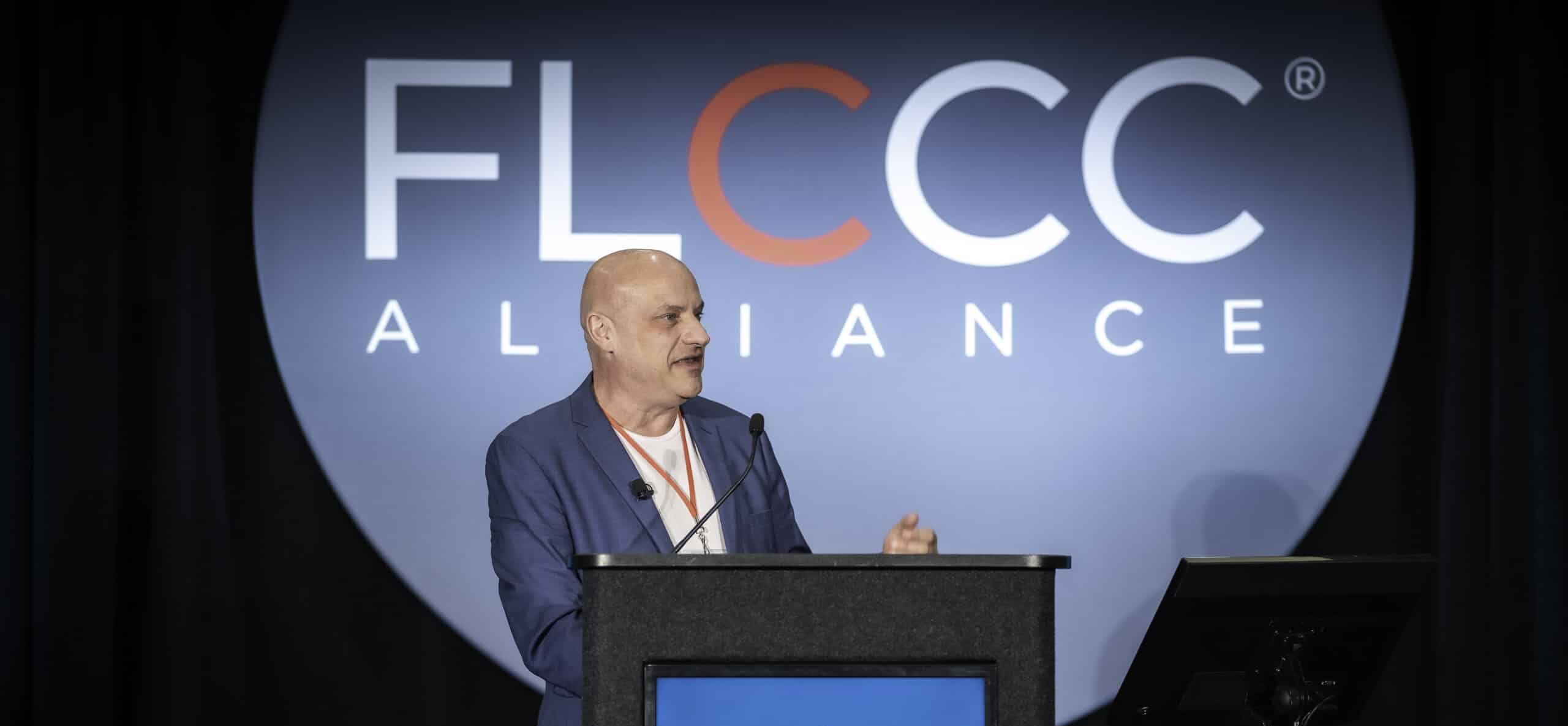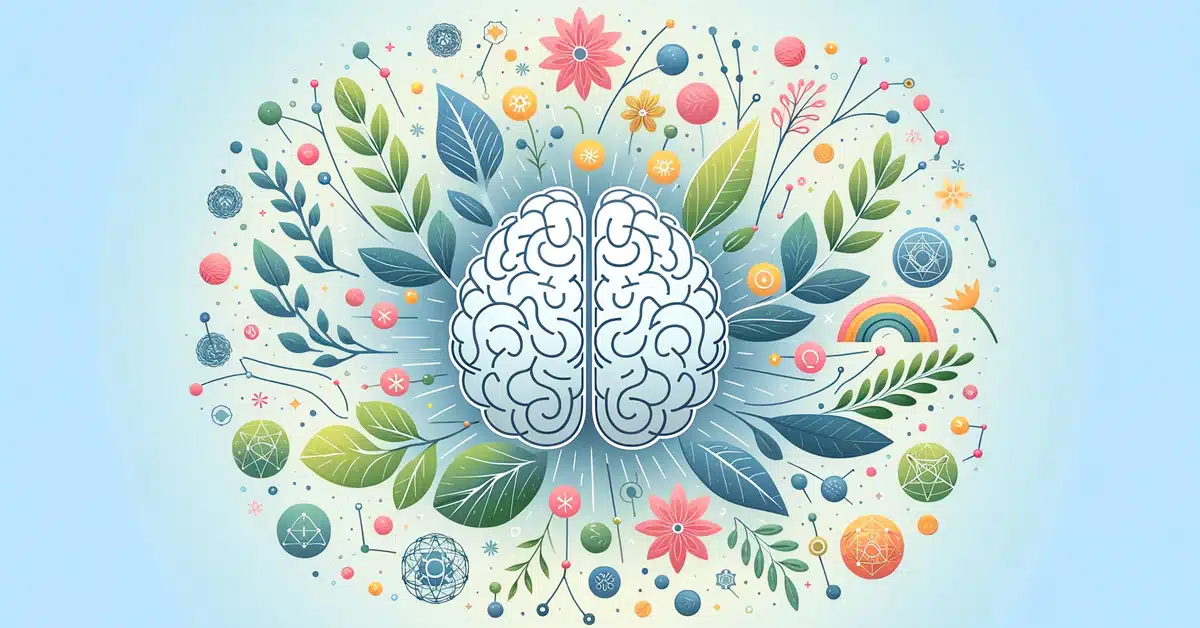Guest post by Dr. Suzanne Gazda, Neurology Institute of San Antonio

(NOTE: THIS POST WAS UPDATED ON JULY 5, 2023)
Everyone at my office knows I love chocolate (non-GMO dark chocolate… the darker the better!)
Numerous studies show the remarkable benefits of dark chocolate for brain health. But remember, as with anything, don’t overdo it. An ounce a day is a good amount.
That’s right, we’re encouraging you to consider enjoying (some caveats apply) one of many people’s favorite treats and know that you could be doing something positive for your brain.
Having recently read the findings from the COSMOS study, we were motivated – maybe a bit selfishly since we love chocolate – to explore the subject of cocoa products and whether these could also help our neurological processes.
If you’re not familiar with it COSMOS, or The COcoa Supplement and Multivitamin Outcomes Study, is a clinical study that included over 21,000 subjects conducted at Brigham and Women’s Hospital, an affiliate of Harvard Medical School, Boston, and the Fred Hutchinson Cancer Research Center, Seattle. Scientists sought to understand more about the benefits of a daily 500 mg cocoa extract supplement and a common multivitamin and whether the risk of heart disease, stroke, cancer, and other health conditions could be reduced with this protocol.
While the study team noted that more research is needed, the results specific to the cocoa extract, which is simply a flavonol, were extremely promising: “Long-term cocoa extract supplementation may favorably impact clinical cardiovascular outcomes, including a significant 27% reduction in cardiovascular death and greater cardiovascular benefits among those taking the study pills regularly.”
It should be noted that COSMOS was “supported by an investigator-initiated grant from Mars Edge, a segment of Mars dedicated to nutrition research and products.” According to their website, Mars Edge was created to drive innovating new ways to make, market, sell and distribute new consumer product solutions and services that address malnutrition, personalized nutrition, and healthy aging.
There is no doubt that clinical research can be biased, with the end results reflecting who stands to gain from the research. Having said that, in the COSMOS study, unhealthy versions of chocolate are not being promoted. The researchers used a “real” cocoa extract in study capsules that included 500 mg of cocoa flavanols, and the multivitamin was a standard Centrum Silver® (brought to you by Pfizer). It would be very difficult to get this amount of cocoa flavanols from chocolate without adding a large number of calories.
A bit of history and background

Dating back to what is thought to be around 1000 BC, the history of chocolate is as captivating as the treat itself. Ancient Mesoamericans believed chocolate was an energy booster and aphrodisiac with mystical and medicinal qualities. The Mayans, who considered cacao a gift from the gods, used chocolate for sacred ceremonies and funeral offerings.
Cocoa is an ancient, fermented product made from the bean of the cacao tree, Theobroma cacao. Cocoa products contain catechins and epicatechins, which are readily water-soluble flavonoids (naturally occurring plant compounds) with vascular health benefits. Experimental and clinical studies testing the consumption of cocoa products and cocoa flavanols have noted potential benefits on platelet activation, endothelium-dependent vasodilation, blood pressure, inflammation, and insulin resistance, which may translate into important cardiovascular benefits.
Chocolate – good for the soul, the heart, and the brain too!
It’s important to note that not all chocolate is created equal. So, before you grab a typical mass-produced, chocolate candy bar or a bag of M&Ms (sorry, we know!), it’s important to understand that not all forms of chocolate contain the high levels of flavanols that have the benefits we want.
Dark, non-GMO (genetically modified organism) chocolate, which is lower in sugar, is best. To be classified as dark chocolate, it must contain at least 35% cocoa. However, I recommend choosing chocolate with the highest cocoa content, ideally 70% to 85%. And, while it’s tempting to overdo it, remember that a little (up to 1 ounce daily) really does go a long way.
Not a big fan of sweets? Try a savory dish that stars dark chocolate. Chocolate pairs very well with many recipes.
Flavanols such as epicatechin, mentioned above, increase nitric oxide bioavailability, which is crucial for regulating vascular function. This leads to improvements in vascular tone and improved regulation of blood pressure. These changes extend to brain perfusion or the net pressure gradient causing cerebral blood flow to the brain. This causes better cerebrovascular coupling during neuronal activation, also essential for the structural and functional integrity of the brain. These processes also promote adult neurogenesis, the process by which new neurons are formed, in the hippocampus.
As noted in the COSMOS investigation, chocolate or cocoa does appear to have a number of cardiovascular benefits. Other research findings include:
- Women who ate chocolate had a significantly reduced risk of developing heart failure.
- A 2015 study of 21,000 people who were followed over 12 years found that the people who ate the most chocolate had an 11% lower incidence of coronary artery disease and a 25% lower incidence of cardiovascular death compared to people who did not eat chocolate.
- A 2016 study of more than 60,000 Swedish adults linked eating chocolate with a lower risk of heart attacks and ischemic heart disease.
- Eating dark chocolate with almonds improved blood lipid levels, such as cholesterol, in people with obesity.
You know that feel-good feeling you get when eating chocolate? That derives from the effect of four chemicals released by the brain — including endorphins, serotonin, dopamine, and oxytocin. These chemicals, used by neurons to communicate with one another, create the positive emotions we experience. And chocolate also raises levels of phenylethylamine (PEA), “the love chemical,” which literally gets our heart pumping and increases feelings of joy.
Chocolate improves focus, memory, and learning
The positive effects of chocolate have been extensively studied over the years. In 2017 for example, researchers found that consuming cocoa led to short- and long-term improvements in general cognition, attention, processing speed, and working memory as well.
More recently, the COSMOS study yielded the 2023 publication, “Dietary flavanols restore hippocampal-dependent memory in older adults with lower diet quality and lower habitual flavanol consumption.” Here, the authors conducted this extensive trial that included over 3,500 older adults who were randomly assigned to a three-year intervention of 500 mg of cocoa flavanols per day, or a placebo (COSMOS). The results showed that flavanol consumption worked to support brain and memory performance during normal cognitive aging. Participants who started the trial with a lower flavanol intake diet and who took a cocoa extract supplement experienced an overall 24% increase in flavanol levels, on average, and achieved an average of 16% improvement in memory performance after one year, effectively catching up to those with a higher flavanol intake diet at the start of the study.
According to the study authors, “these results allow dietary flavanols to be considered in the context of a depletion–repletion paradigm and suggest that low flavanol consumption can act as a driver of the hippocampal-dependent component of cognitive aging.” The researchers emphasized the importance of this data and the hope that the information would lead to formal recommendations related to flavanol intake for brain health.
In addition to dark chocolate, there are several excellent sources of natural flavanols that we can easily incorporate as part of a healthy diet such as berries and citrus fruits, many vegetables, green tea, and others.
More about the power of cocoa!

Antioxidants, compounds that protect cells from the damage caused by free radicals (unstable molecules made by the process of oxidation during normal metabolism), have been shown to reduce oxidative stress and neuroinflammation, therefore protecting those critical neurons. Some of those antioxidants have even been found to pass the blood-brain barrier (BBB) and enter the brain after eating cocoa.
Research has shown that cocoa and cocoa-derived products also may have neuromodulation and neuroprotective properties. Cocoa has been implicated as having the potential of counteracting cognitive decline and sustaining cognitive abilities through direct and indirect biological actions. Like other flavonoids it can interact with signaling proteins that are essential for pro-survival pathways that are crucial for triggering gene expression and protein synthesis in long-term potentiation. In the hippocampus area of the brain, which has a major role in learning and memory, flavonoids promote the expression of a protein called “brain-derived neurotrophic factor (BDNF).” BDNF is key in the process of adult neurogenesis, neuronal survival, and synaptic growth – so protecting it is crucial to the well-being of our neurological functions.
But we can’t live well on chocolate alone!
It takes a village of healthful foods to ensure our brain’s well-being. And while dark chocolate in moderation can be part of a daily diet if your health conditions allow, we advise following the comprehensive tenets of a program like the Bredesen protocol. This therapeutic approach has been widely reviewed and emphasizes a multi-pronged effort that addresses numerous aspects of neurological health from a prevention and treatment perspective.
You can download this summary guide and visit suzannegazdamd.com where you’ll also find additional related blogs.
So go ahead and savor your chocolate in moderation, focus on a diet rich in flavanols and other healthy foods, and give your brain the optimal opportunity to do even more brilliant things every day!
In health and hope,
Dr. Suzanne Gazda
NOTE: A previous version of this article erroneously included mention of a link between high cholesterol and stroke risk. This has now been deleted. I agree with the FLCCC’s opinions on cholesterol and the myths that have been propagated over the years.
Heart disease and stroke are devastating illnesses but emerging science has shown us that cholesterol is a poor predictor of vascular health. The cholesterol myth is propagated by a multi-billion dollar statin industry. Addressing the many causes of inflammation should be our goal in addressing chronic disease and health and wellness.
For more information, try these wonderful resources:
References and additional reading:
- Cocoa and Multivitamin Supplement Outcomes (COSMOS) Trial https://cosmostrial.org/
- Kwok CS, Boekholdt SM, Lentjes MA, et al. Habitual chocolate consumption and risk of cardiovascular disease among healthy men and women [published correction appears in Heart. 2018 Mar;104(6):532]. Heart. 2015;101(16):1279-1287. doi:10.1136/heartjnl-2014-307050
- Larsson SC, Åkesson A, Gigante B, Wolk A. Chocolate consumption and risk of myocardial infarction: a prospective study and meta-analysis. Heart. 2016;102(13):1017-1022. doi:10.1136/heartjnl-2015-309203
- Science Daily News Releases. Moderate chocolate consumption linked to lower risks of heart failure. (2010) https://www.sciencedaily.com/releases/2010/08/100817161110.htm
- Lee, Y. et al. Effects of Dark Chocolate and Almonds on Cardiovascular Risk Factors in Overweight and Obese Individuals: A Randomized Controlled‐Feeding Trial. JAHA. 2017. https://www.ahajournals.org/doi/10.1161/jaha.116.005162





